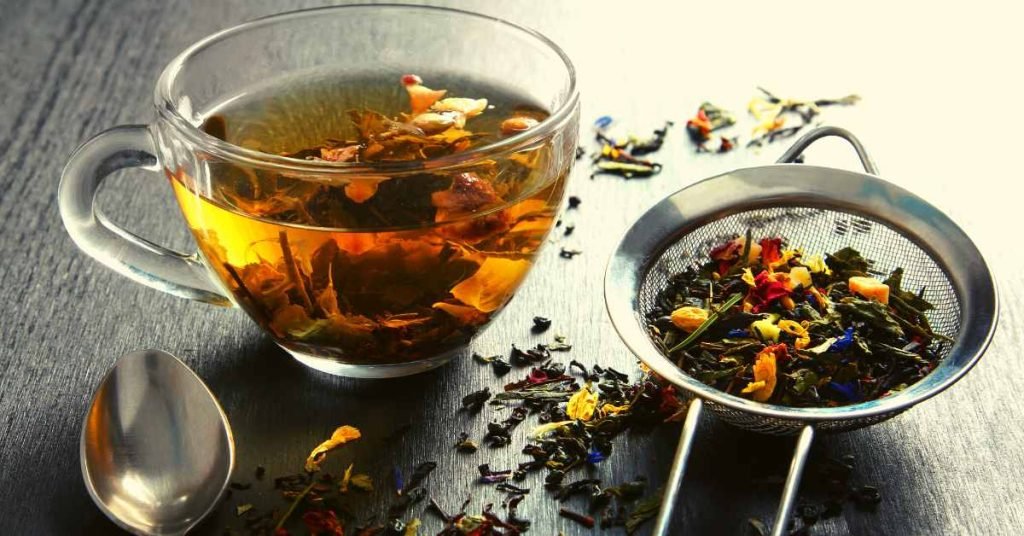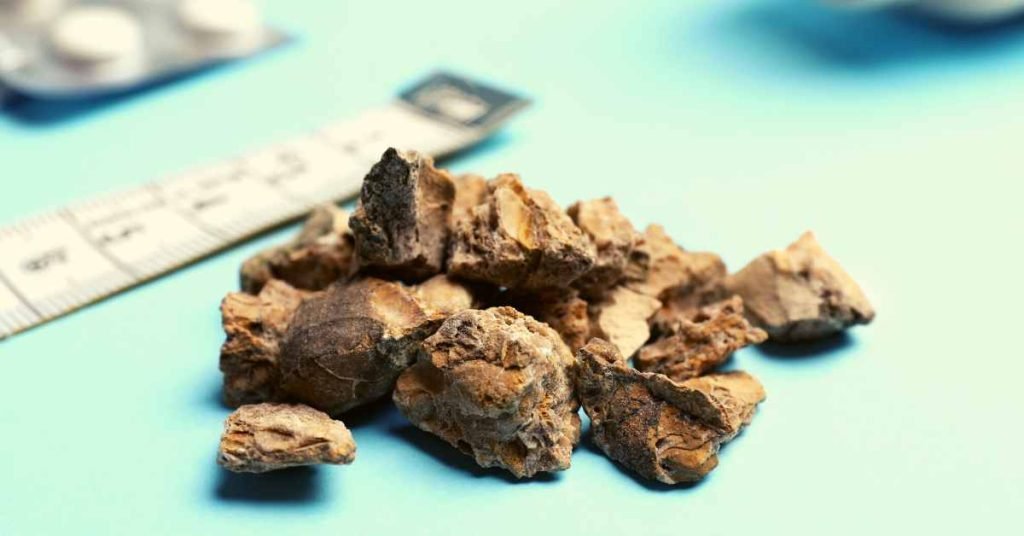Tea has been a popular beverage for centuries, enjoyed by people around the world for its diverse flavors and potential health benefits.
However, concerns have arisen about its impact on kidney health, particularly in relation to the development of kidney stones.
Kidney stones are small, hard mineral and salt deposits that can form in the kidneys and cause significant discomfort when they pass through the urinary tract.
This article aims to explore the scientific evidence behind the link between tea consumption and kidney stones and delve into the effects of tea on renal health.
Understanding Kidney Stones

Before diving into the potential connection between tea and kidney stones, it is essential to grasp the fundamental aspects of kidney stones.
Kidney stones form due to an imbalance in the urine.
These substances include oxalate, calcium, and uric acid. When these substances become highly concentrated, they crystallize, leading to the formation of stones within the kidneys.
Types of Kidney Stones
There are different types of kidney stones, with calcium oxalate stones being the most common.
Other types include calcium phosphate stones, uric acid stones, and struvite stones.
Each type can result from various factors, such as diet, genetics, dehydration, and urinary tract infections.
Tea Components and Kidney Stones
Tea contains several components that could potentially influence kidney stone formation. Some of the most relevant components include:
Caffeine: Tea, particularly black tea, contains caffeine, which can have diuretic effects, leading to increased urine production. This may potentially increase the risk of dehydration, a known risk factor for kidney stone development.

Oxalate: Some teas, particularly black and green teas, contain oxalates. Oxalates are organic compounds found in numerous plant-based foods and are known to contribute to calcium oxalate stone formation.
Fluoride: Tea leaves can accumulate fluoride, and excessive fluoride intake has been associated with an increased risk of kidney stones.
The Controversial Link Between Tea and Kidney Stones
The association between tea consumption and kidney stones is a subject of ongoing debate among researchers.
Some studies have suggested a potential link, while others have found no significant connection. Let’s examine both sides of the argument:
Evidence Supporting the Link
Oxalate Content: Black and green teas are known to contain oxalates, and high oxalate levels in urine have been linked to an increased risk of calcium oxalate stone formation.

Dehydration: Caffeine’s diuretic effect may lead to increased urine output, potentially leading to dehydration, which is a risk factor for kidney stone development.
Evidence Against the Link
Moderate Consumption: Many studies indicate that moderate tea consumption is unlikely to cause kidney stones in healthy individuals. The oxalate content of tea is not significantly higher than that of other common foods.
Hydration Benefits: The hydration provided by tea can be beneficial in preventing stone formation, as it helps dilute urine and reduce the concentration of stone-forming substances.
Antioxidants: Tea is rich in antioxidants, such as catechins in green tea and theaflavins in black tea, which have potential protective effects on renal health.
Factors Influencing Kidney Stone Formation
It is crucial to recognize that kidney stone formation is a complex process influenced by various factors, including diet, fluid intake, genetics, lifestyle, and medical conditions.

While tea consumption might play a role in some cases, it is not the sole determinant of kidney stone development.
Tips for Maintaining Renal Health while Drinking Tea
If you enjoy drinking tea and want to maintain good renal health, consider the following tips:
Hydration: Ensure you drink plenty of water alongside tea to stay adequately hydrated and dilute the concentration of stone-forming substances in the urine.
Moderation: Moderation is key. Enjoy tea in moderate amounts, and consider spreading consumption throughout the day rather than consuming large quantities at once.
Variety: Explore different types of teas that might have lower oxalate content, such as white tea or herbal teas.
Medical Consultation: If you have a history of kidney stones or are concerned about your renal health, consult with a healthcare professional or a registered dietitian to get personalized advice.
Final Word

The relationship between tea consumption and kidney stones is not entirely straightforward.
While some evidence suggests a potential link due to oxalate content and caffeine’s diuretic effect, the overall impact of moderate tea consumption on kidney stone formation appears to be minimal, especially when balanced with its potential benefits for renal health.
As with many aspects of nutrition and health, moderation and an individualized approach are crucial.
If you have specific concerns or a history of kidney stones, consult a healthcare professional for personalized guidance to maintain optimal renal health.
MEDICAL DISCLAIMER
Itsnevernotteatime.com cannot and does not contain medical/health advice. The medical/health information is provided for general and educational purposes only and is not a substitute for professional advice.




